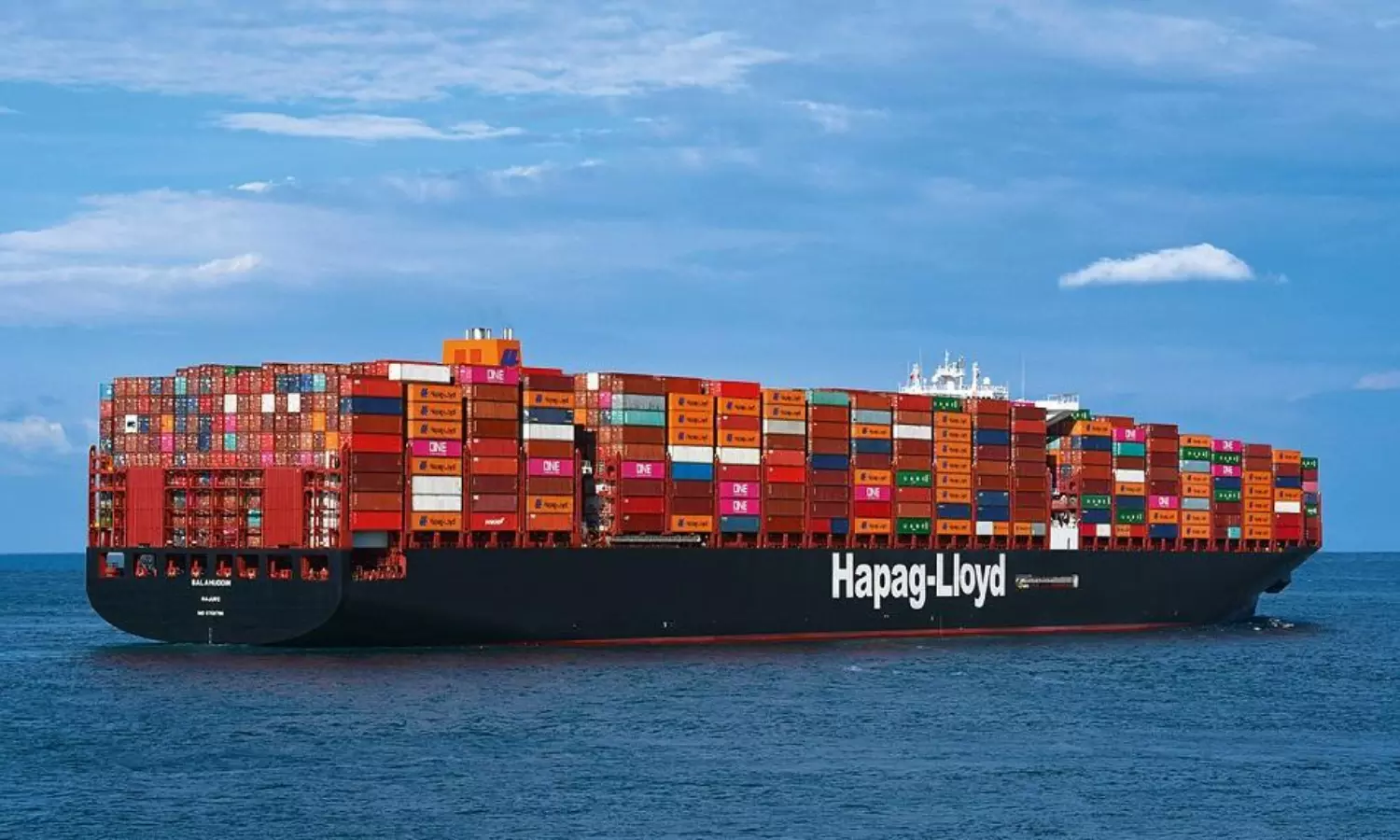Container volumes to end nearly 4% down in 2022: BIMCO
2023 likely to see beginning of new normal rather than reverse of the recent weakening of supply/demand balance

Global container volumes in 2022 will end approximately 4 percent lower than in 2021 and growth prospects for 2023 appear weak due to weak prospects for global economic growth.
"At the same time, high contracting of new ships by liner operators during 2021 and 2022 indicates fleet growth of nearly 8 percent in 2023," says an update from BIMCO.
All in all, 2023 is much more likely to see the beginning of a new normal rather than a reverse of the recent weakening of the supply/demand balance, the update added.
"The global economy is expected to end 6.2 percent higher in 2022 than in 2019 while global container volumes appear likely to end only between 1-1.5 percent higher than in 2019," says Niels Rasmussen, Chief Shipping Analyst, BIMCO. "This underlines the effects of the cost-of-living crisis across the world but volumes in recent months also indicate that inventory adjustments are driving volumes lower."
The container fleet has grown 11.3 percent since October 2019, "which helps explain why container freight and time charter rates have fallen so quickly during 2022, particularly in recent months. The lower container volumes have also led to several service closures and an increase in blanked sailings. As a result, port congestion is improving quickly and no longer restrains supply to the extent seen during the past eighteen months."
Global container export volumes fell 9.3 percent YoY, and ended 4.3 percent lower than in October 2019, says the report quoting data from Container Trade Statistics.
Twenty out of twenty-eight region to region trade lanes ended with lower volumes than in October 2021 while eighteen trade lanes saw volumes lower than in October 2019, the update added.


